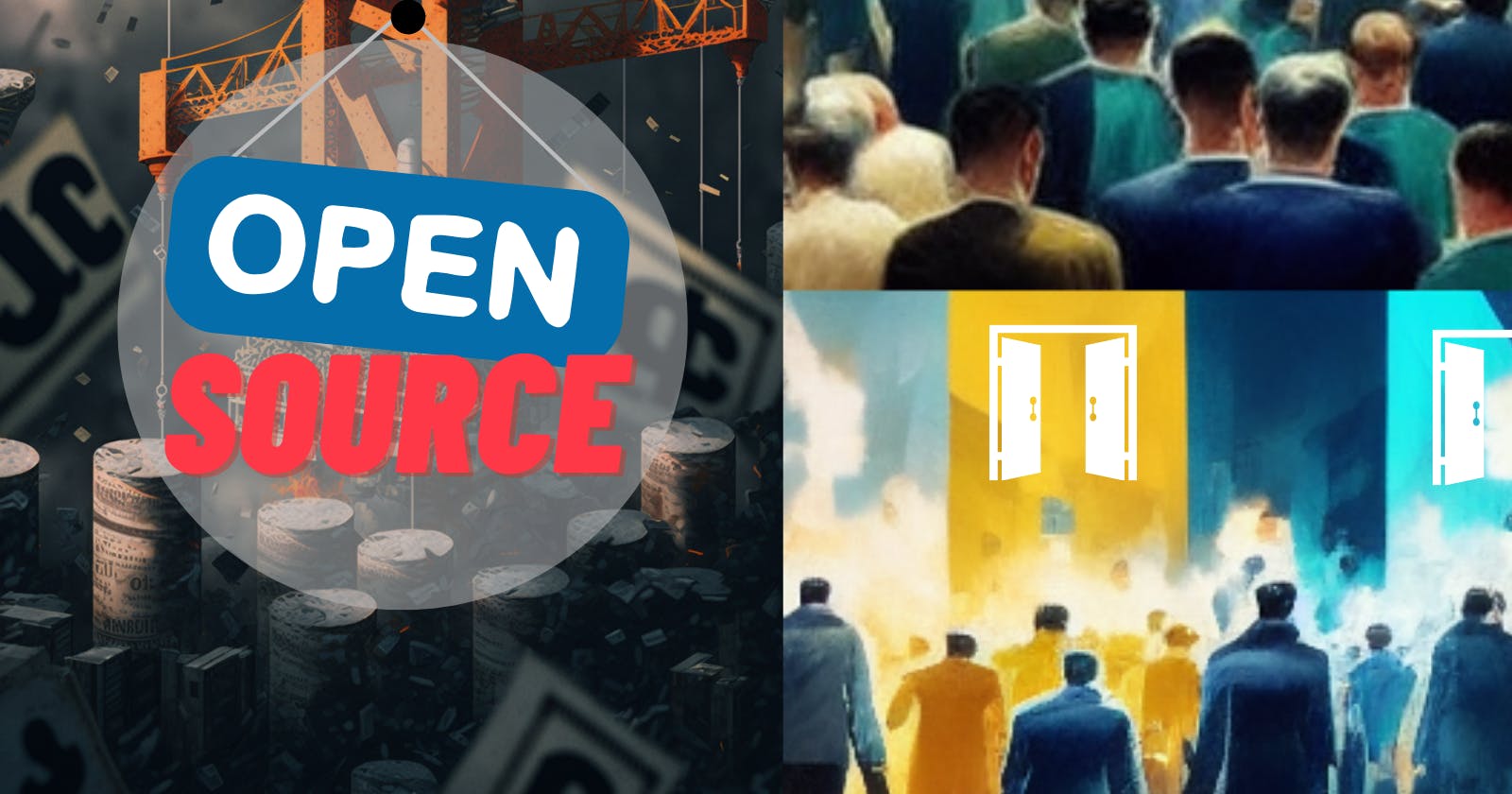Table of contents
No headings in the article.
Open source contributions have become an increasingly popular way for individuals and companies to give back to the tech community, while also developing new skills and improving their own projects. They provide a platform for developers to contribute their skills, collaborate with others, and help build technology that makes the world a better place and is also a vital part of the modern software development ecosystem.
With their ability to provide free access to code, they have made it easier for developers to create new applications, modify existing ones, and distribute their work to the masses. But contributing to open-source projects is not just about taking advantage of free resources. It’s also about making a meaningful impact on the world and giving back to the community.
They provide a platform for developers to contribute their skills, collaborate with others, and help build technology that makes the world a better place. However, many developers assume that open-source contributions require significant financial investments and are not accessible to those with limited budgets. This is a common misconception, as there are many ways to contribute to open source without breaking the bank i.e. without having to spend a lot of money.
By making open-source contributions, developers can gain valuable experience and build their portfolios. They can also showcase their skills and expertise, which can lead to new job opportunities and recognition in the industry. But it’s not just about personal gain. Open source contributions can also help to improve the quality of the software and make it more accessible to people around the world.
Open source contributions can help to build strong, supportive communities within the software development industry. By working together on open-source projects, developers can form meaningful relationships, exchange ideas and knowledge, and collaborate on new and innovative projects. This can lead to new opportunities for learning and growth and can help to foster a sense of community and collaboration within the industry.
One of the great things about open source is that everyone can contribute, regardless of skill level or financial resources. Whether you’re a seasoned programmer, a beginner, or someone looking to get involved in a new project, there’s a place for you in the open-source community.
Even small contributions can make a big impact. For example, you can contribute to an open-source project by improving documentation, or creating new features. Many open-source projects rely on clear and concise documentation to help users understand and use the software. Writing and improving documentation is an excellent way to contribute to an open-source project, and it requires nothing more than a laptop and a passion for writing.
Another way to contribute to open source is to become a mentor. By guiding and helping new contributors, you can help grow the community and ensure that it continues to thrive. Mentoring is also a great way to develop leadership skills and increase your own technical knowledge.
Another way to contribute to open source is by fixing bugs. Bugs can range from minor glitches to critical security vulnerabilities, and fixing them is an essential part of maintaining the quality of open-source projects. Developers can use their technical skills to identify and repair these bugs, without needing any financial investment.
Another valuable contribution to open-source projects is through testing. Testing is a critical part of the software development cycle and helps to ensure that the software works as intended. Open-source projects often need help with testing, and developers can contribute their time and skills to help test and validate the software.
Additionally, open-source projects also need help with marketing and community building. Contributing to open-source projects by promoting them on social media, writing blog posts, or hosting meet-ups and events can help build a community around the project and increase its visibility.
Finally, open-source contributions can also be financial. If you or your company can afford it, you can make a donation to an open-source project, or support a specific feature or development effort. This type of support can be especially valuable for small projects that may not have the resources to continue without support.
So, if you are a software developer looking to make a meaningful impact on the world, consider contributing to an open-source project. You can start small, with simple tasks like fixing bugs or improving documentation, and gradually work your way up to more complex contributions. No matter how small or big your contribution, it can have a lasting impact on the community and help to further the cause of open-source software.
In conclusion, open-source contributions are a powerful way to make an impact on the world and do not need to break the bank. Developers with any level of experience and skill can contribute to open-source projects by fixing bugs, improving documentation, testing software, and building communities. By making these contributions, developers can help build better technology and make a positive impact on the world.
